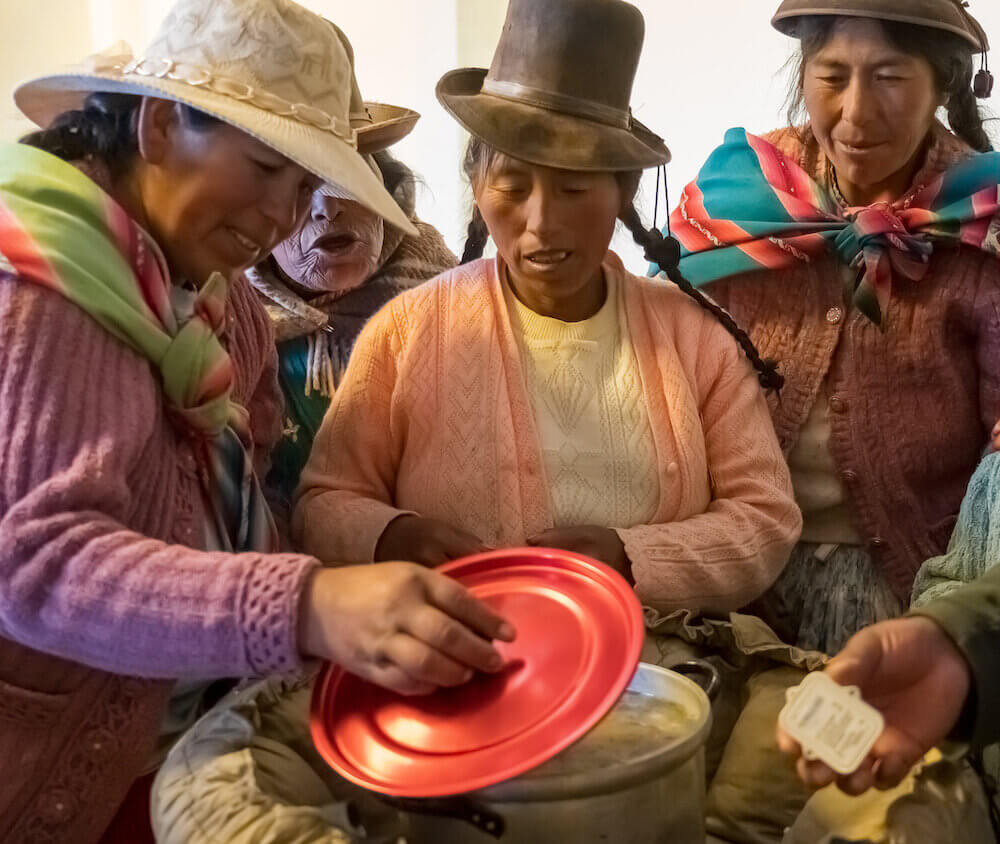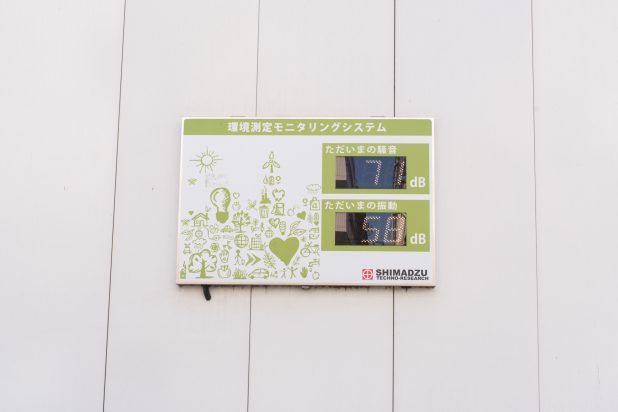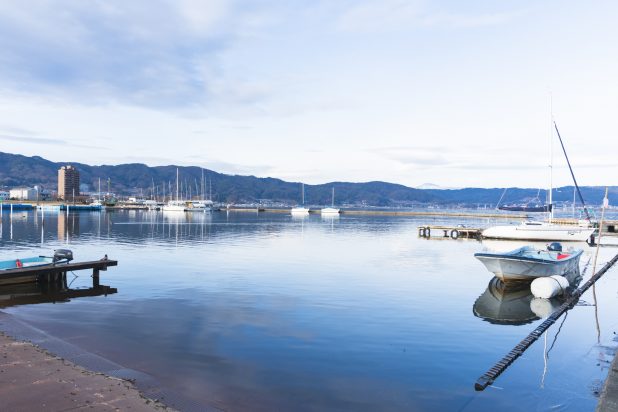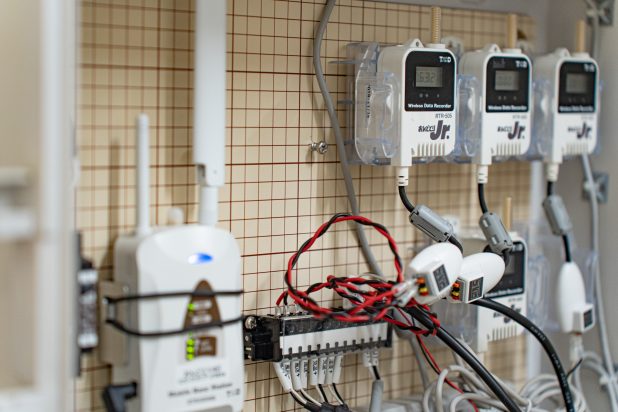Note: Names of organizations, offices, departments, etc. in the article are as of when the article was first published.
A project is currently underway in Peru to help alleviate health issues associated with the use of biomass fuels. T&D data loggers are being used in this important project.
| Project Period | September 2019 – February 2020 |
|---|---|
| Place | Puno, Peru |
In the southeastern part of Peru there is an area called Puno.
It is known for being the birthplace of Inca civilization and the famous lake Titicaca. Seventy percent of the land is in the Andes Mountains and above 3,800m (12,460ft).
Many families in the mountainous areas use lama manure and so on for cooking fuel.
Many people may view the use of such biomass fuels as a kind of recycling that is part of a natural lifestyle and good for the environment.
However, the carbon monoxide and nitrogen dioxide generated from biomass fuel pollutes the air in and around the house and can be harmful to the health of women and children who are involved and nearby while cooking.
A research team from Johns Hopkins University is working on a project to help solve this health problem. The team is conducting a study into using the combination of LP gas and a heat-retaining cooking bag as an effective and healthy alternative to biomass fuel.
LP gas is much cleaner than biomass fuel, but it is an expensive source of fuel.
To help keep costs down, pots of food are heated with the LP gas stove only at the start of cooking, and after boiling the pots are removed from the heat and transferred directly into a super heat-retaining bag called the Wonderbag.
This insulated slow cooking method keeps the temperature of the pots of food above a certain level for several hours without the need for additional heating.
T&D’s temperature data logger “TR41” is being used to monitor and record the temperature within the insulated cooking bag.
The “TR41” with Bluetooth compatibility allows the team to use a smartphone/tablet to not only monitor current temperatures inside the bags without opening them but provides an easy way to collect and save recorded data. The “TR41”, which does not require a Wi-Fi environment or other equipment such as a PC, is proving to be ideal for studying the effects of slow insulated bag cooking in the high altitudes of Puno.
The field study in Puno will continue until February 2020.
If we get any new stories from them we will be sure to update you in this blog.




